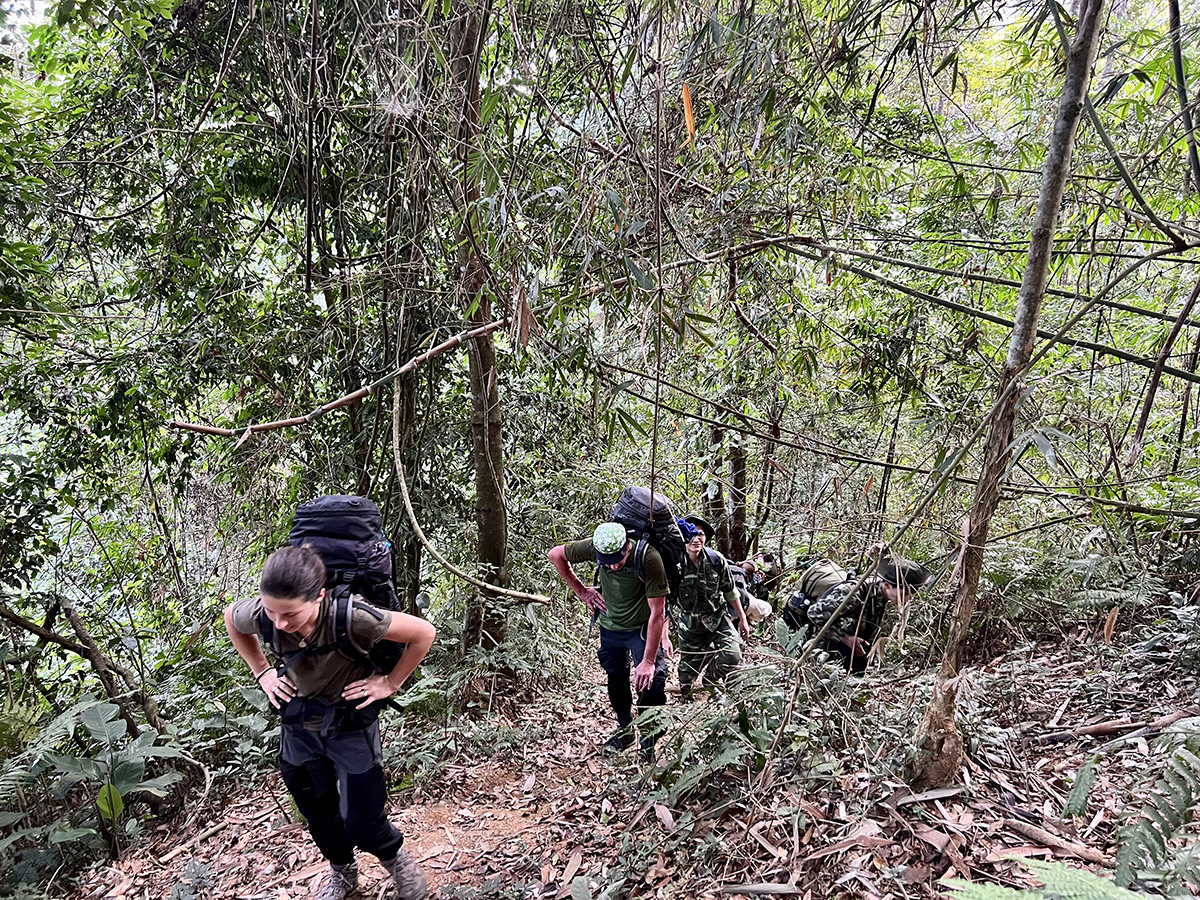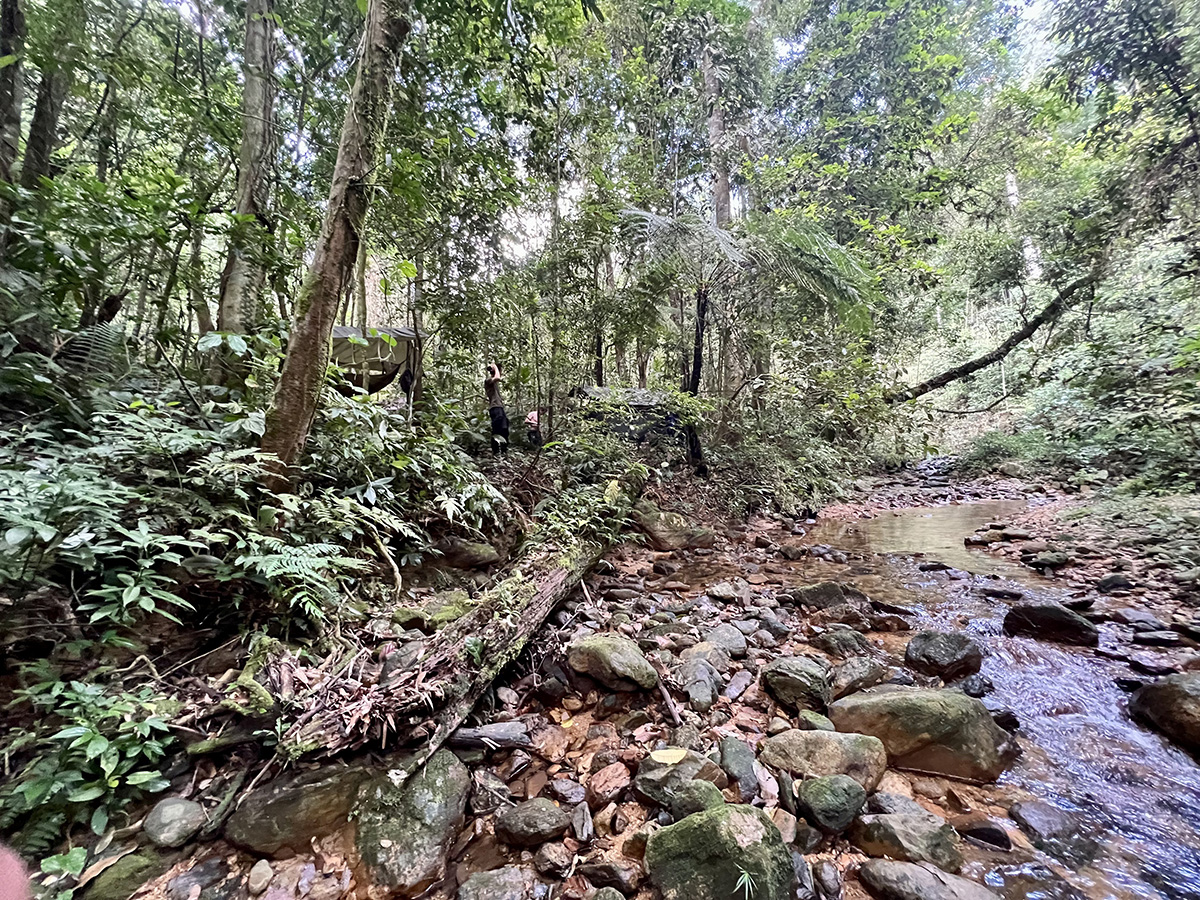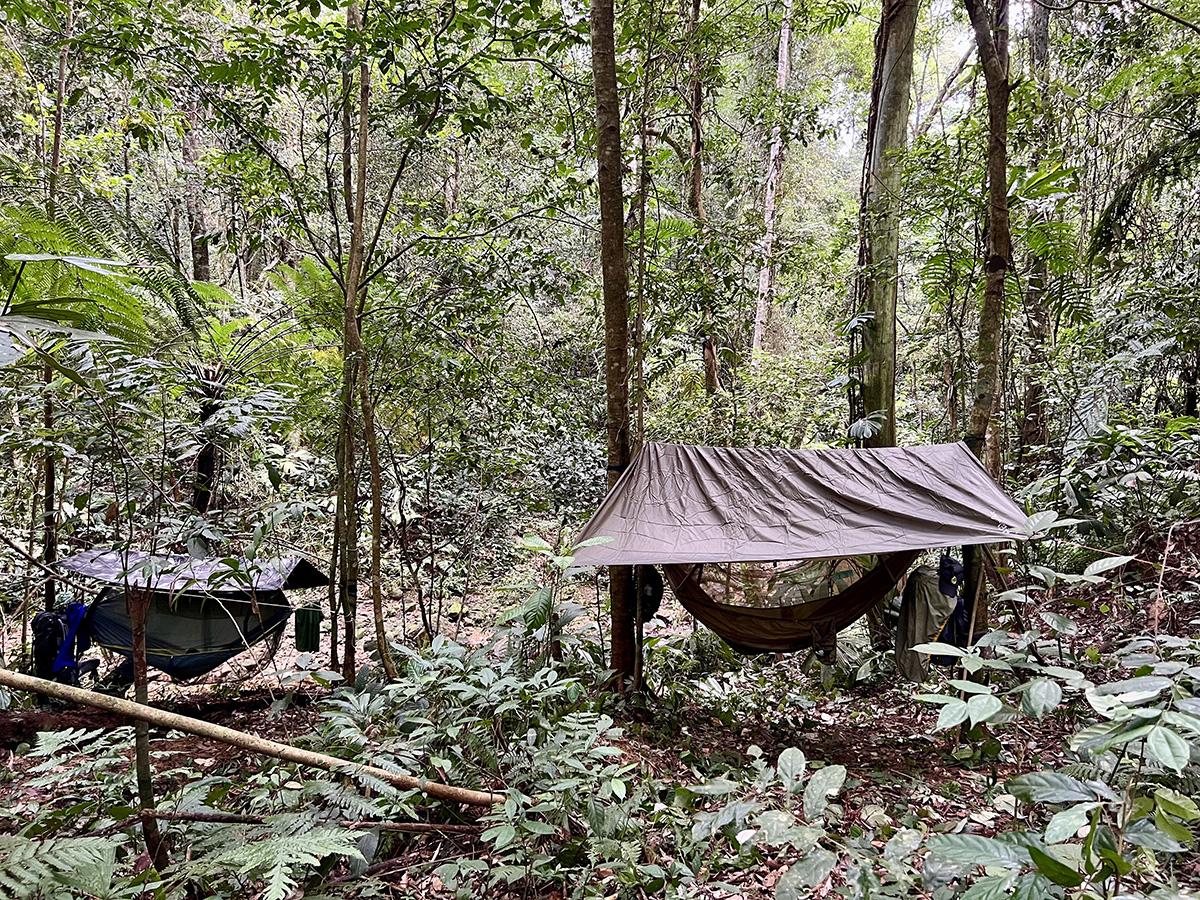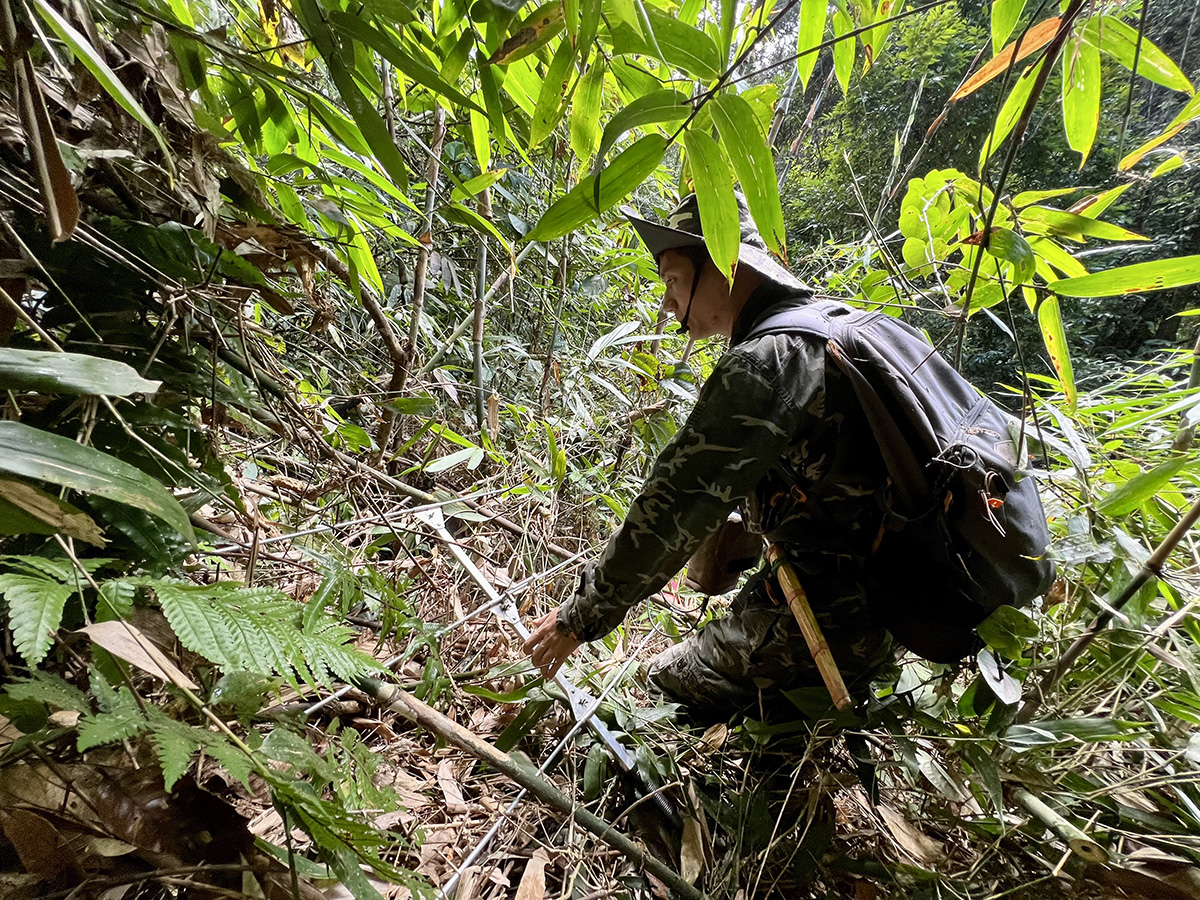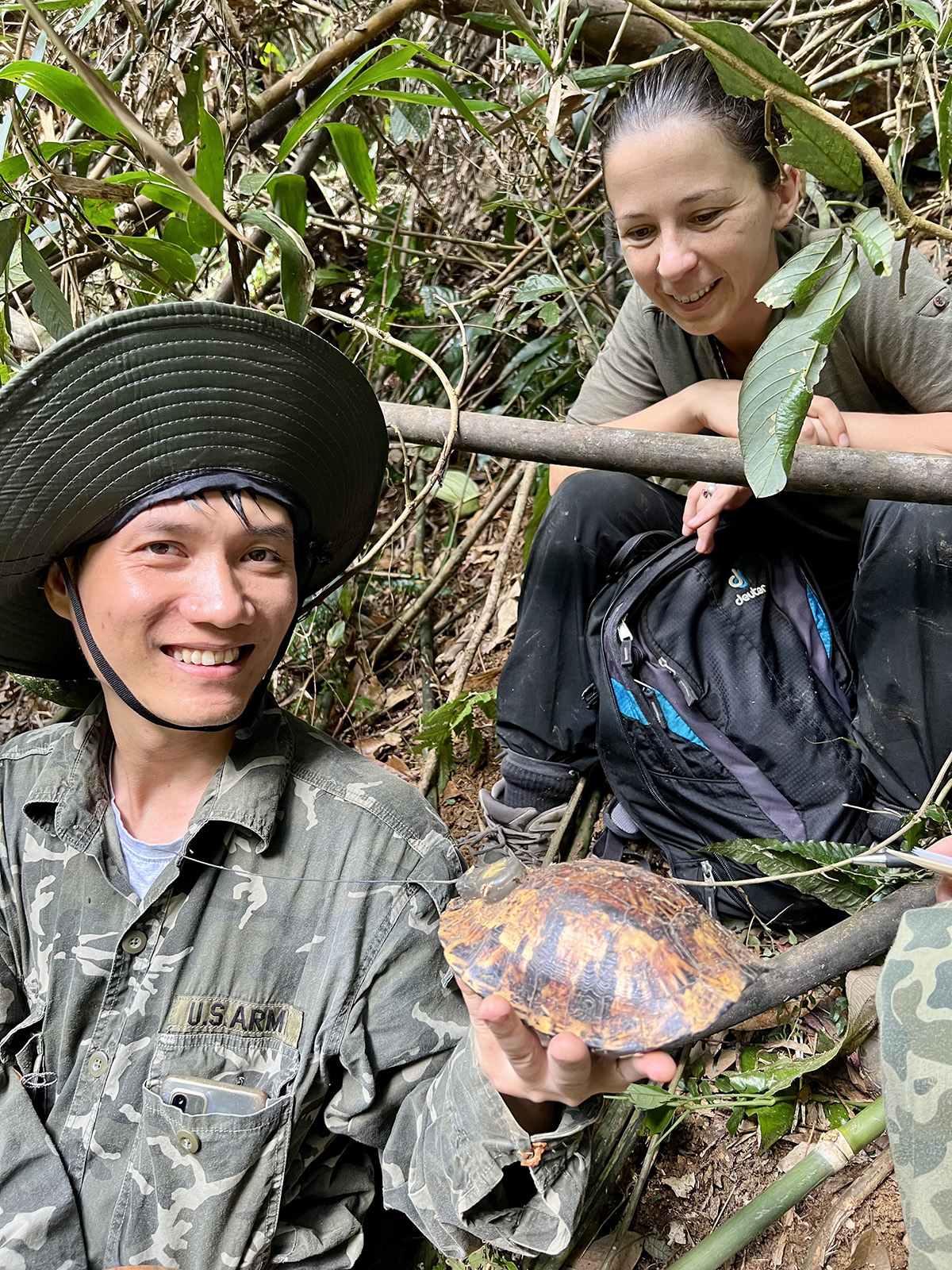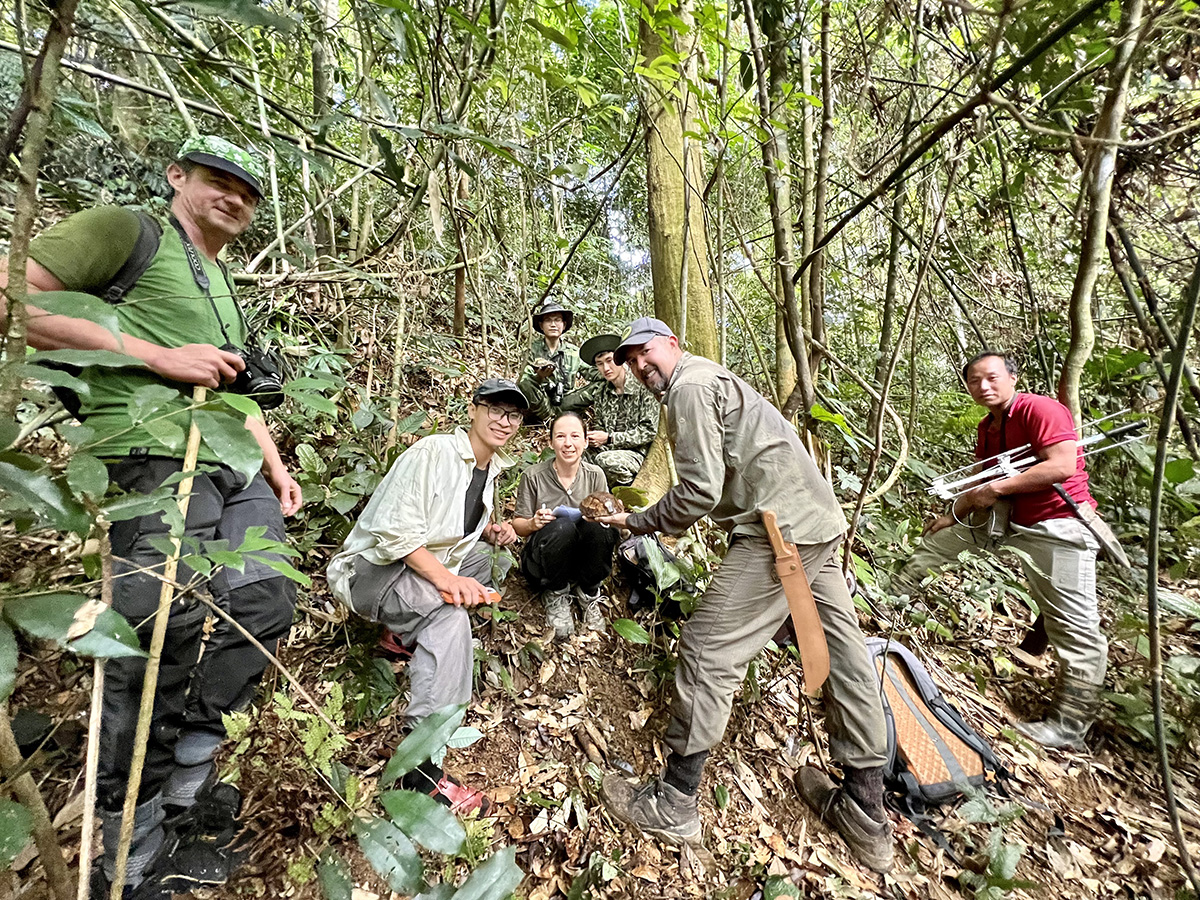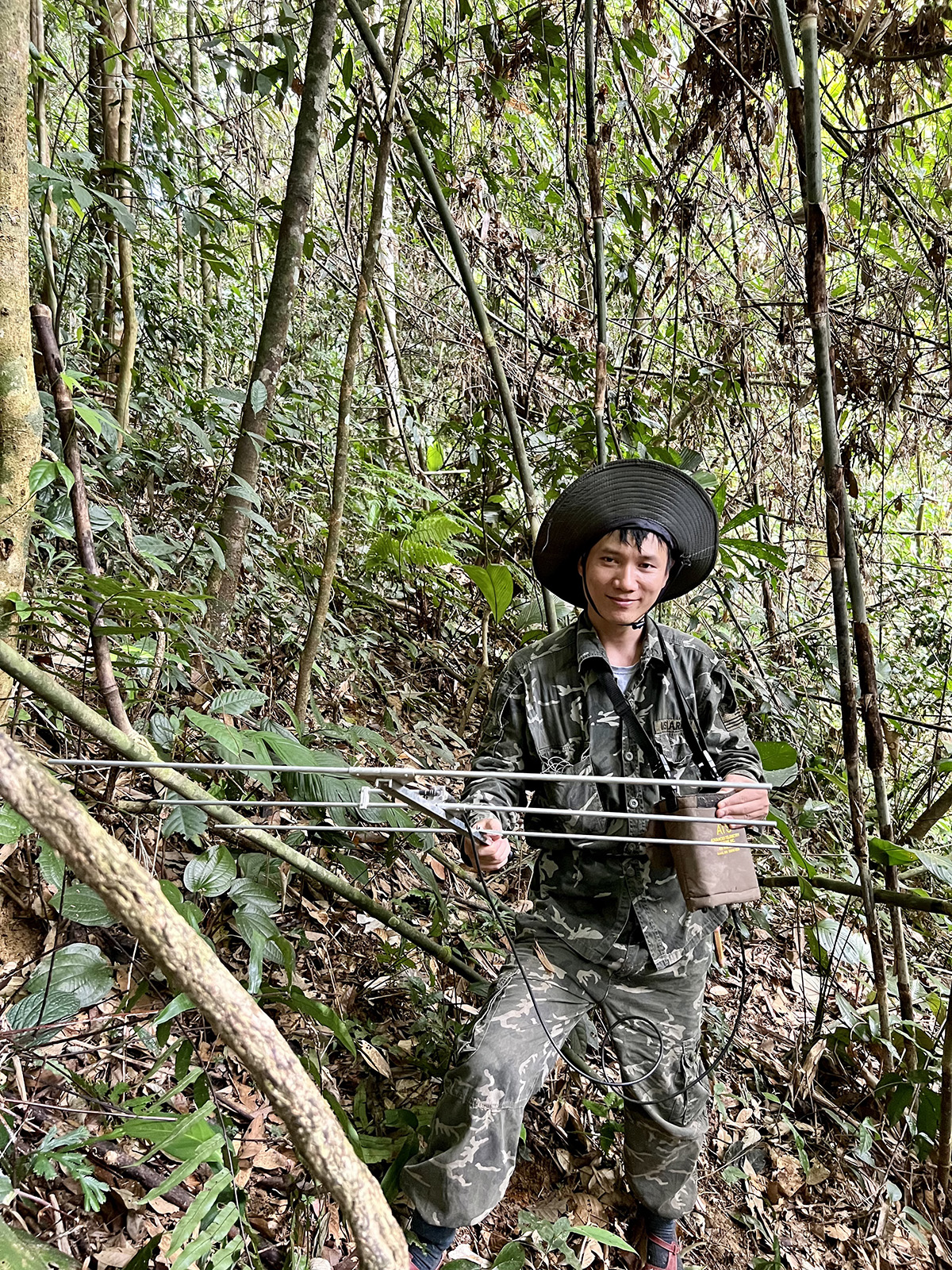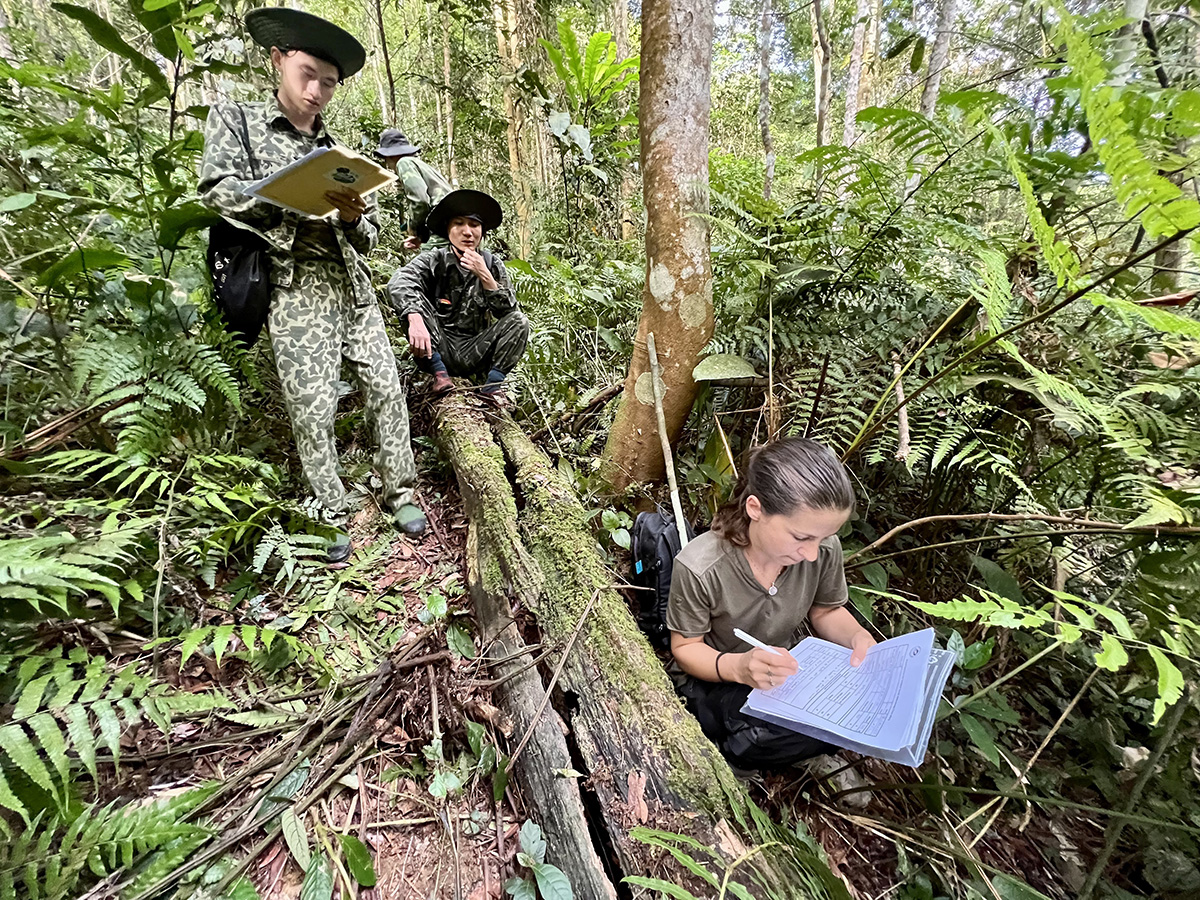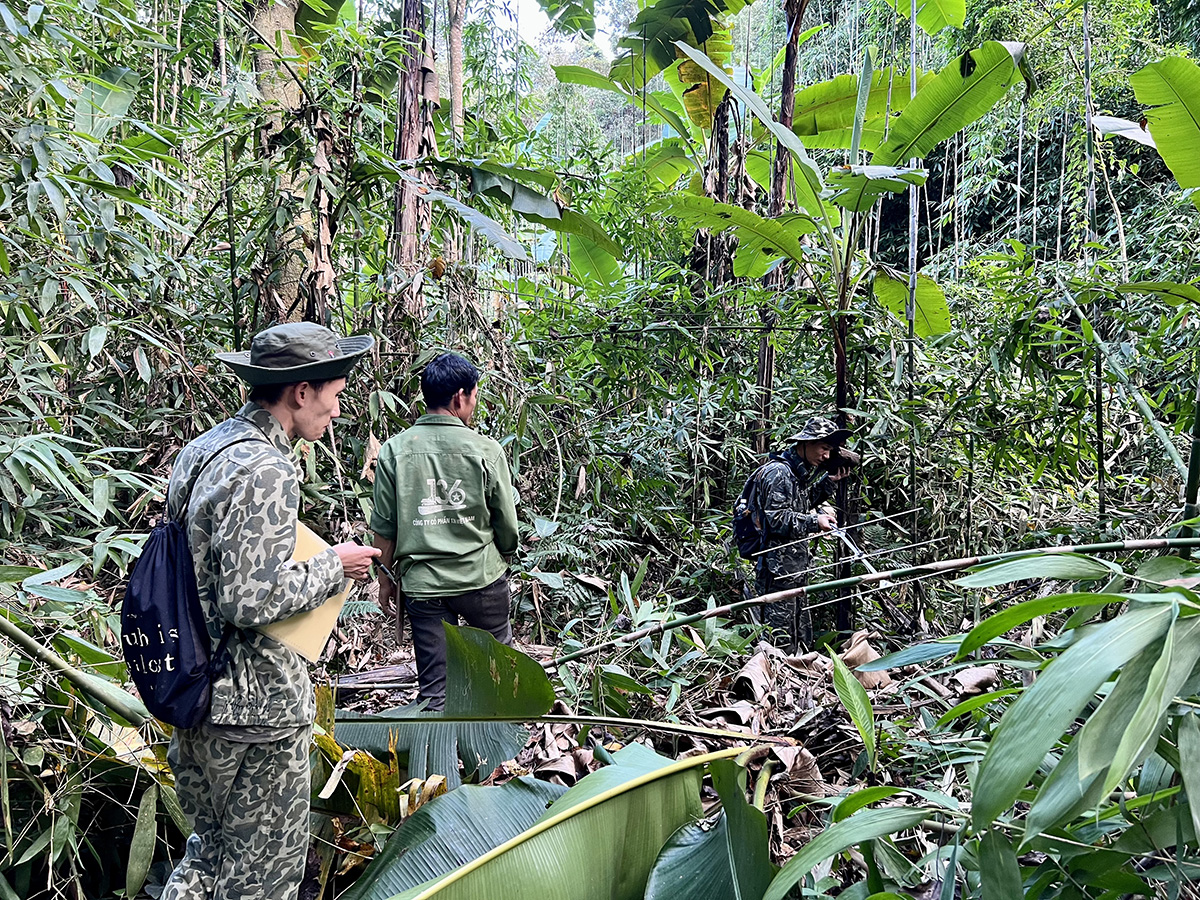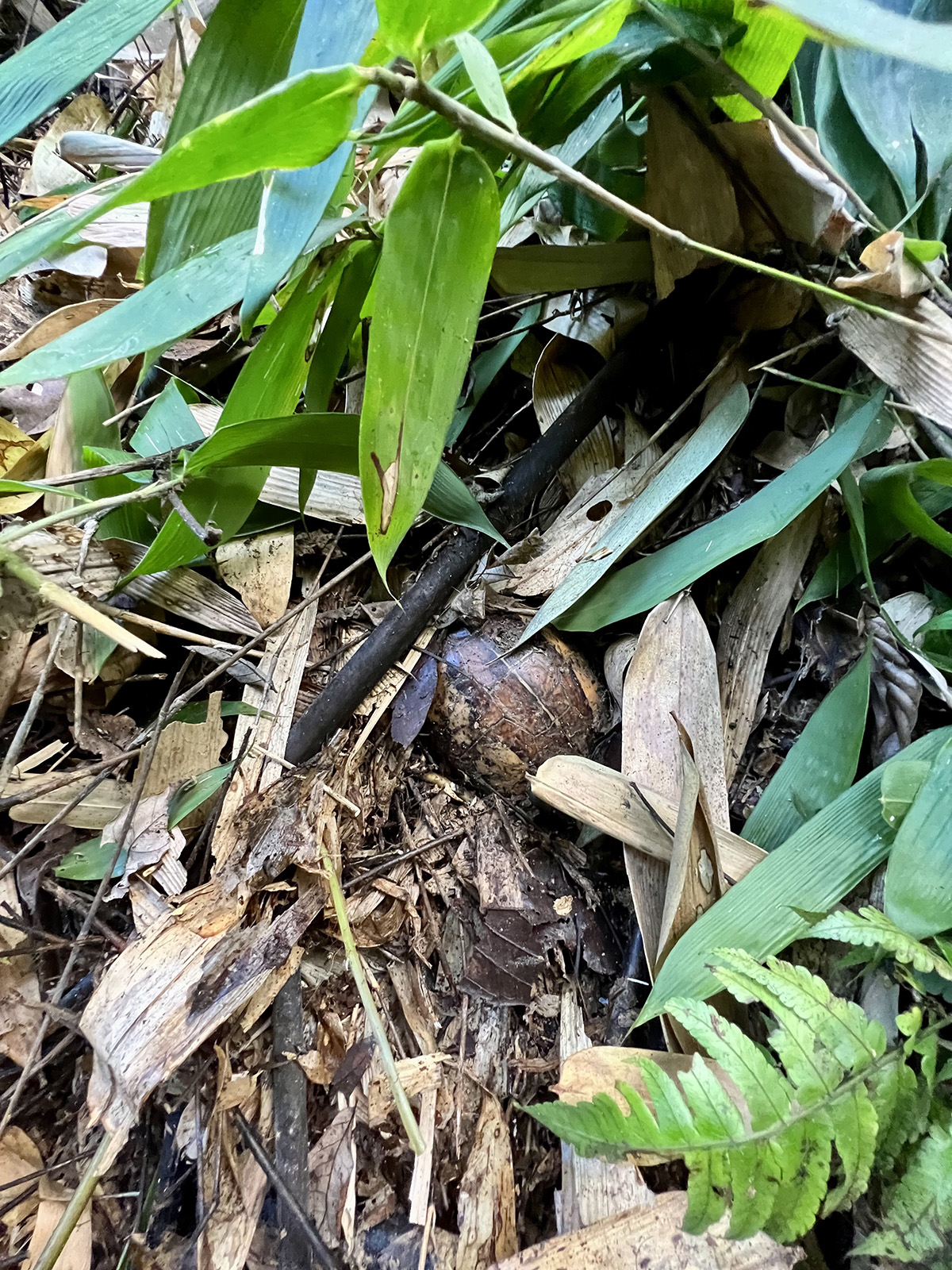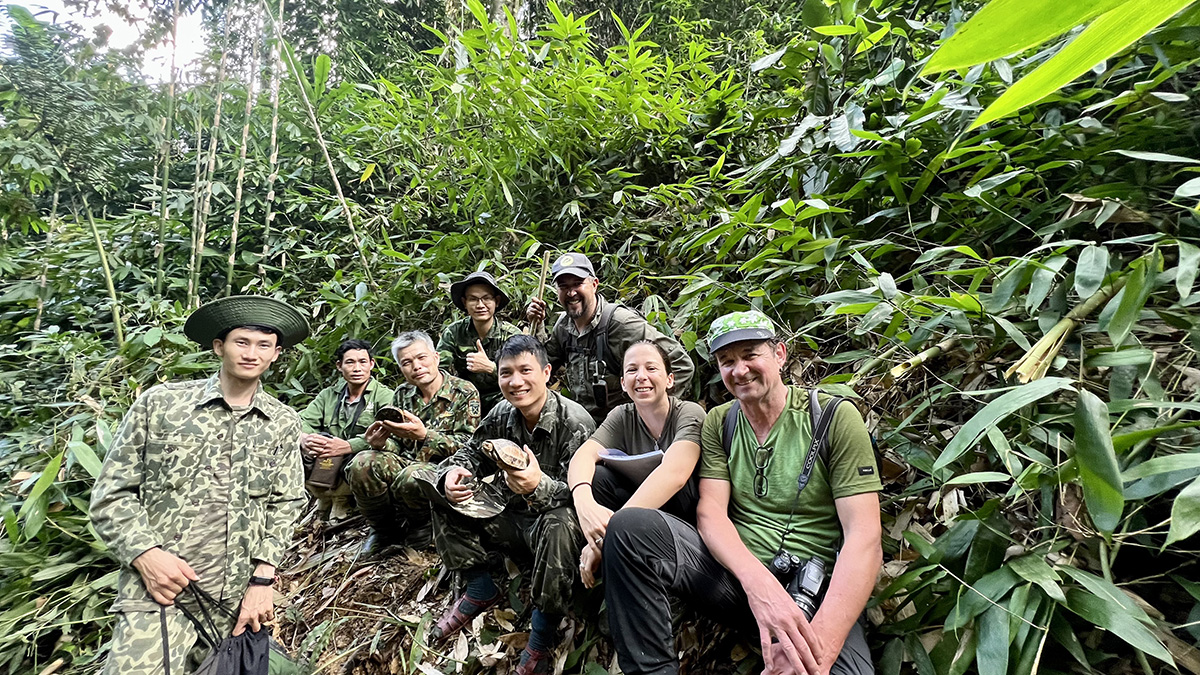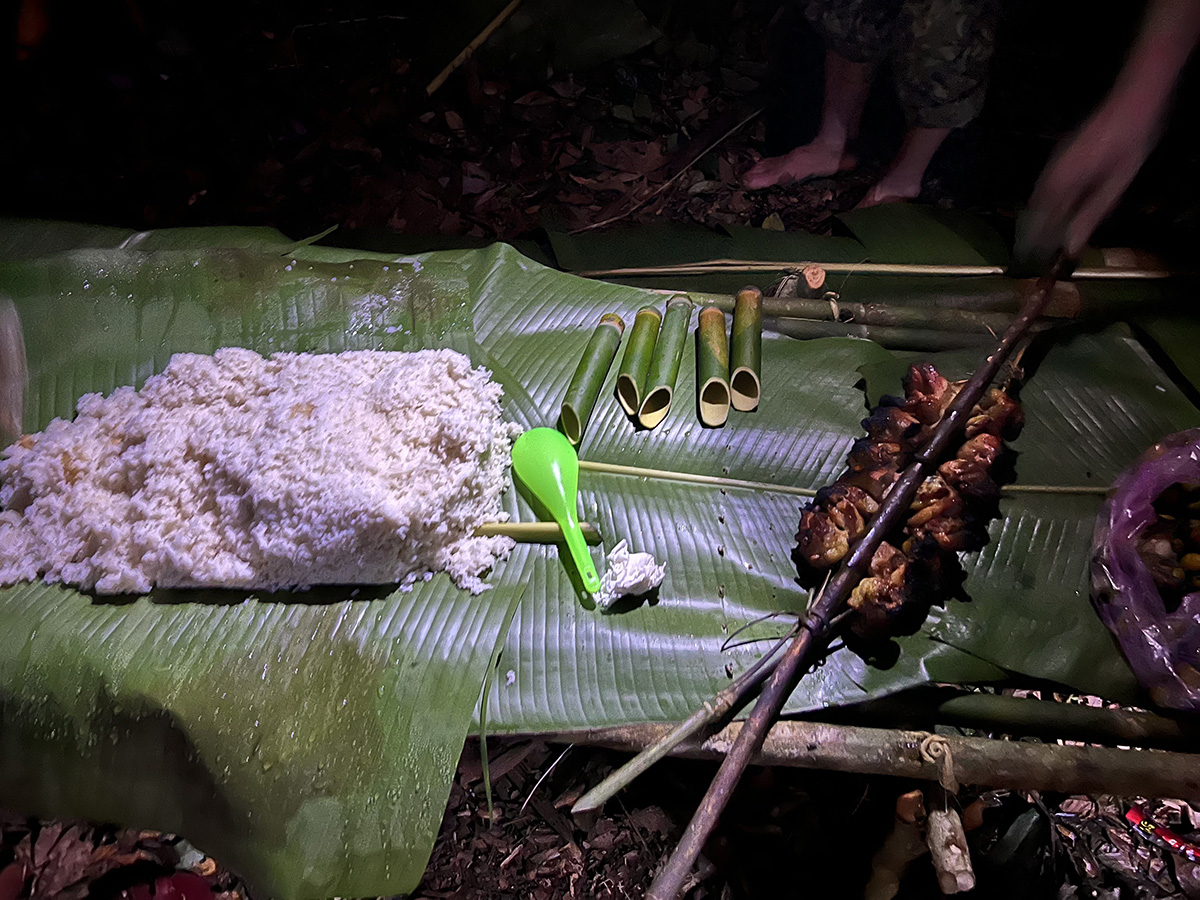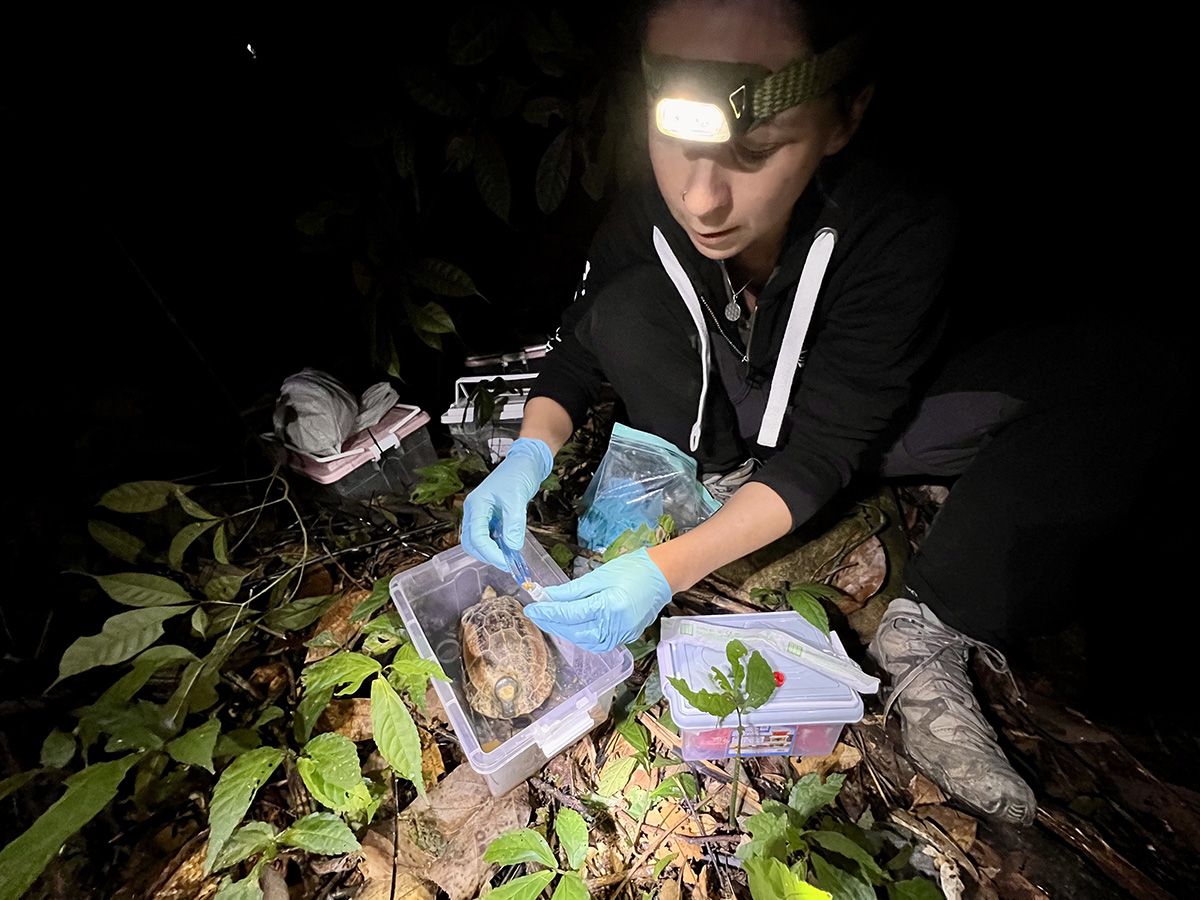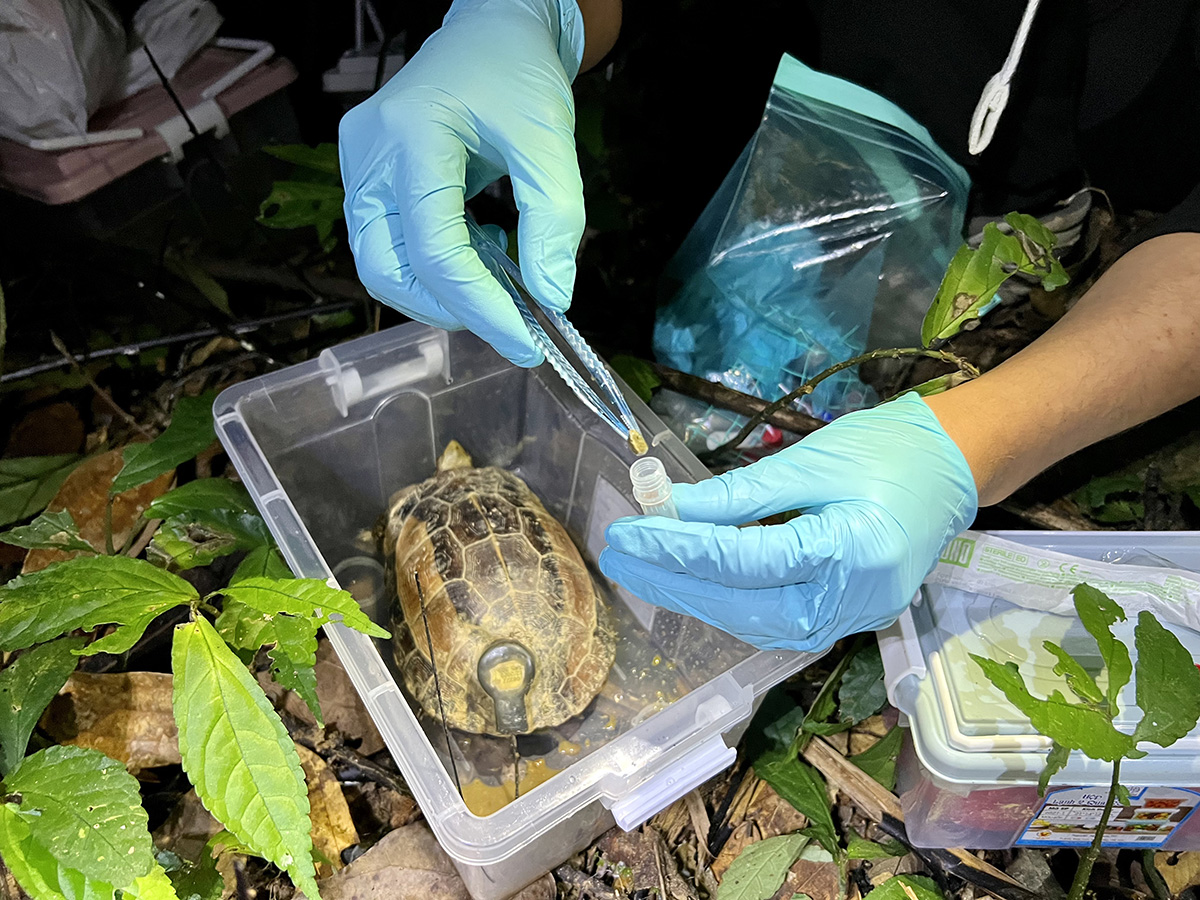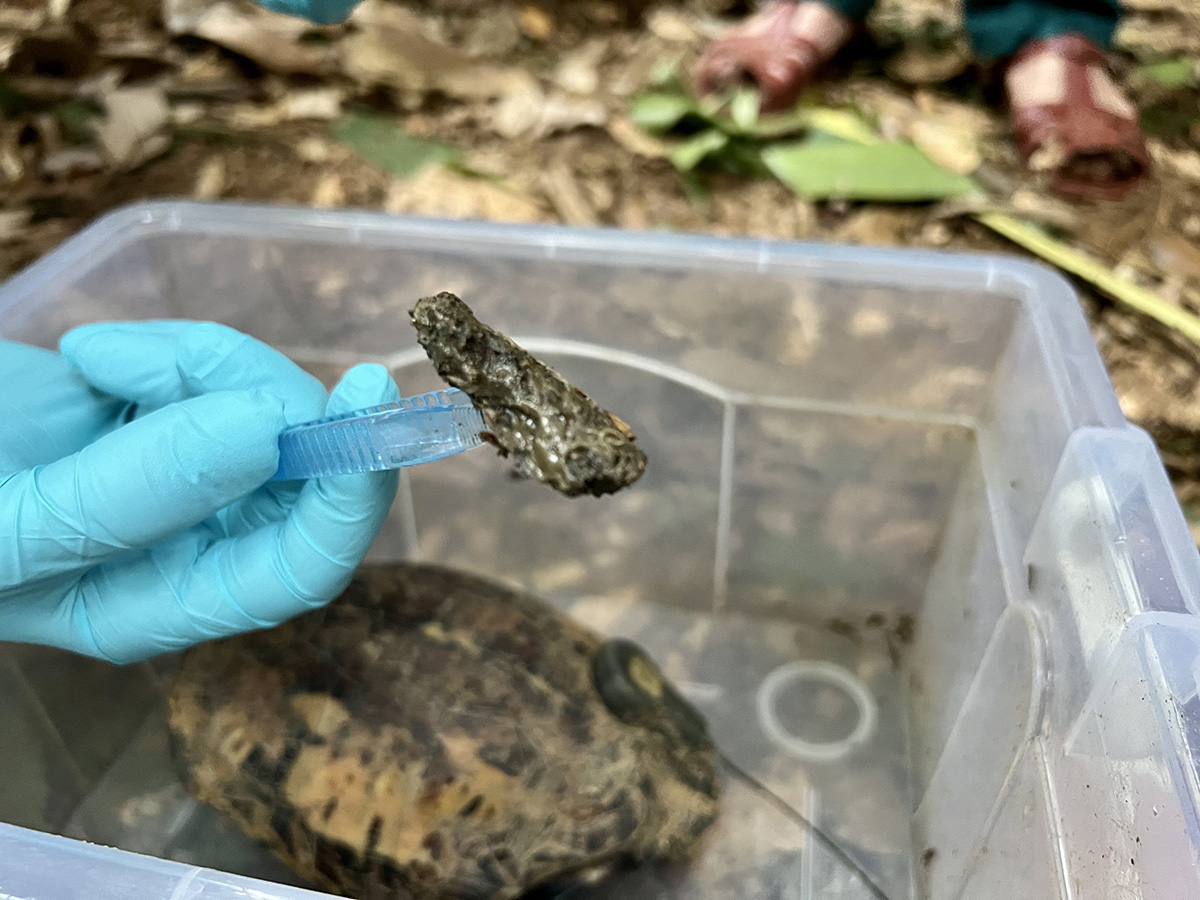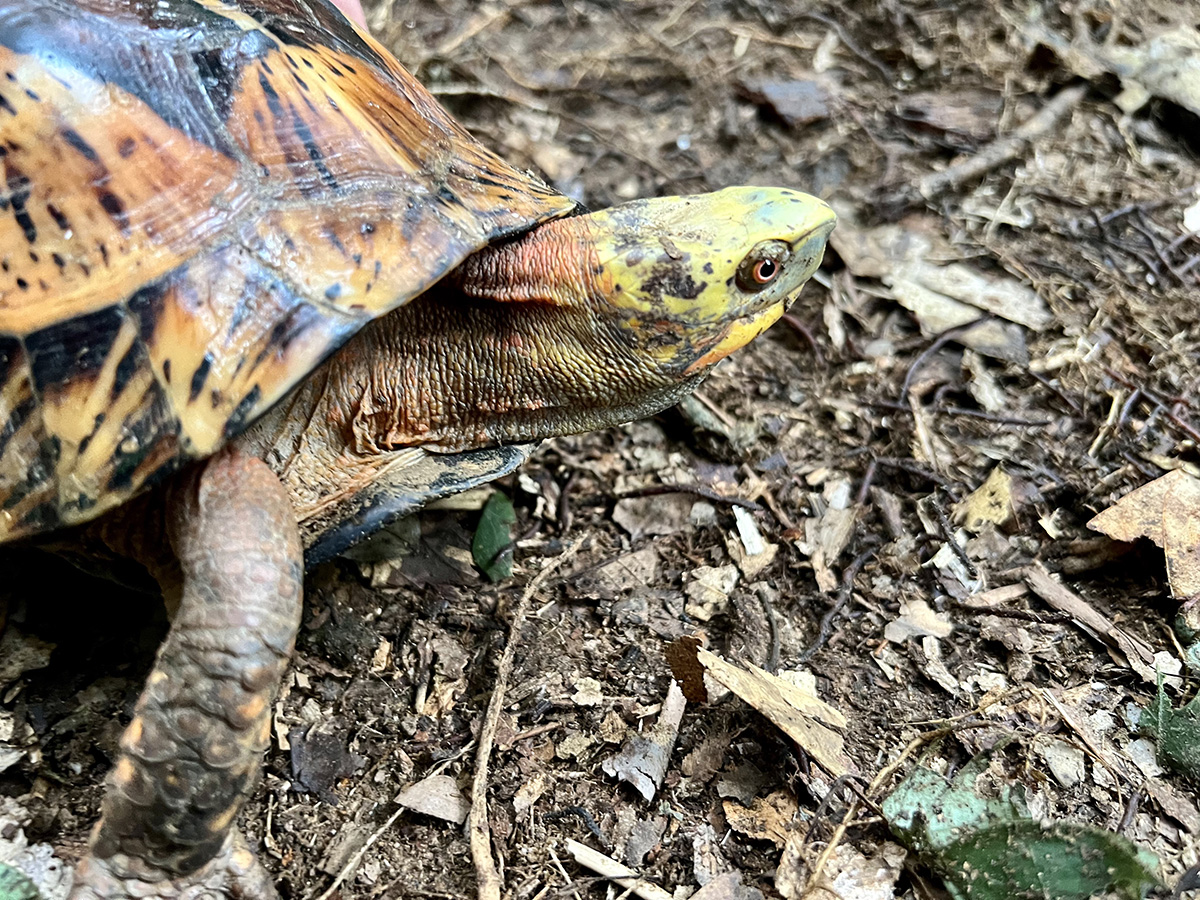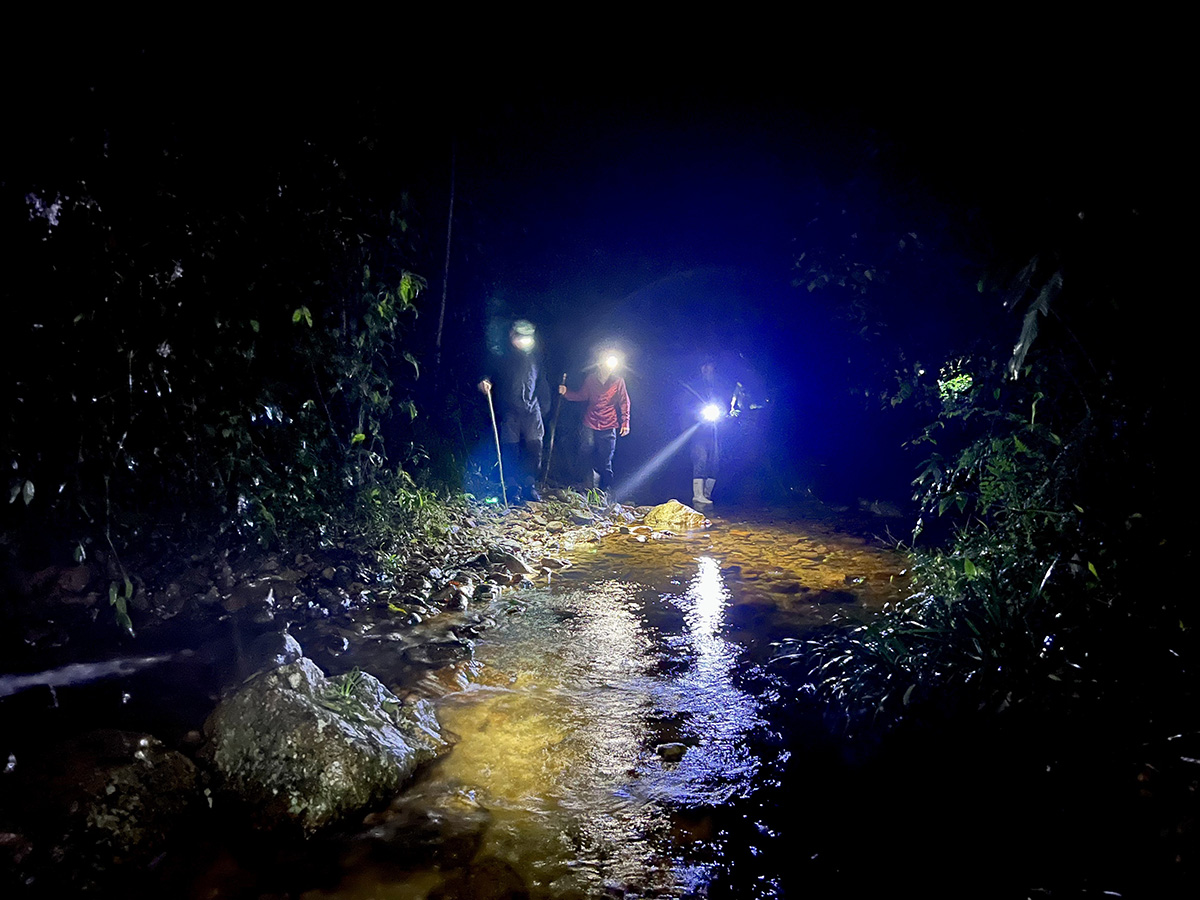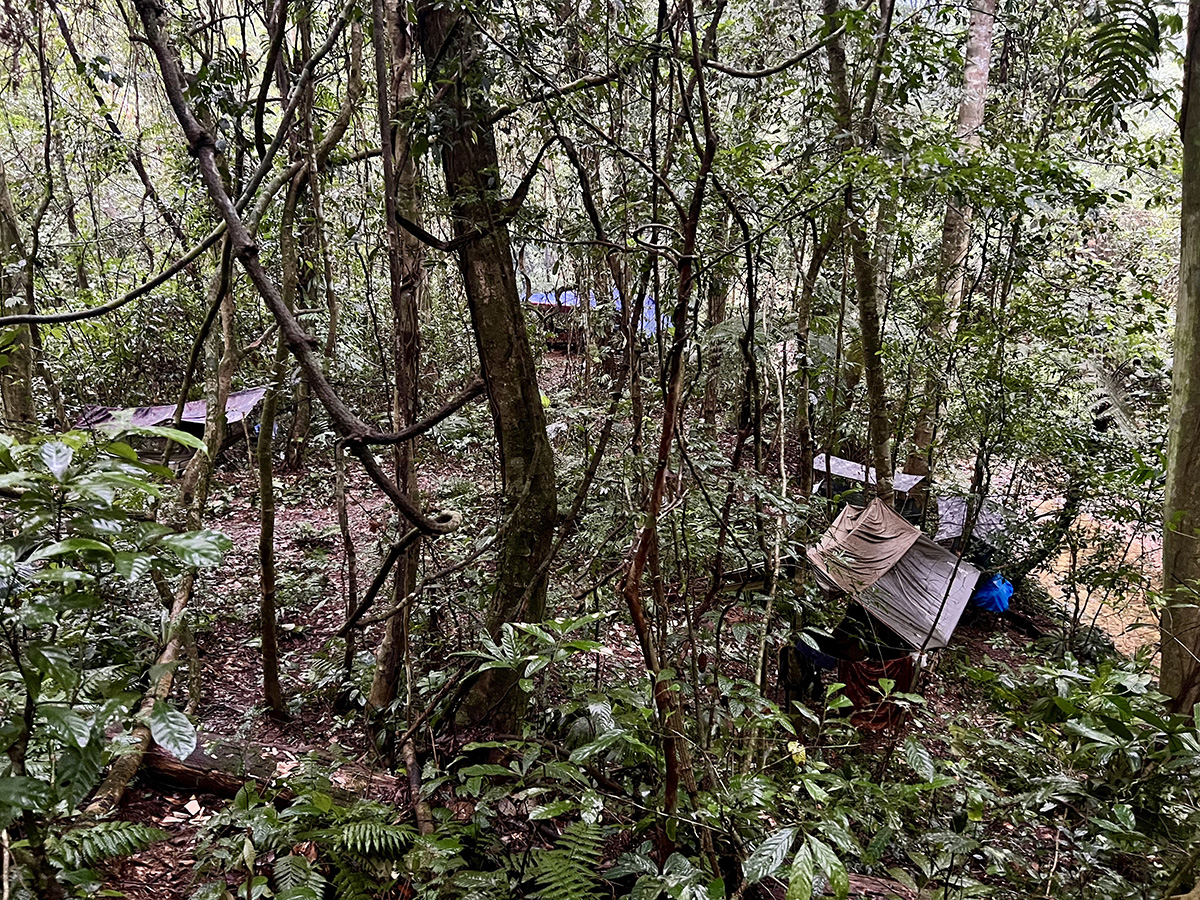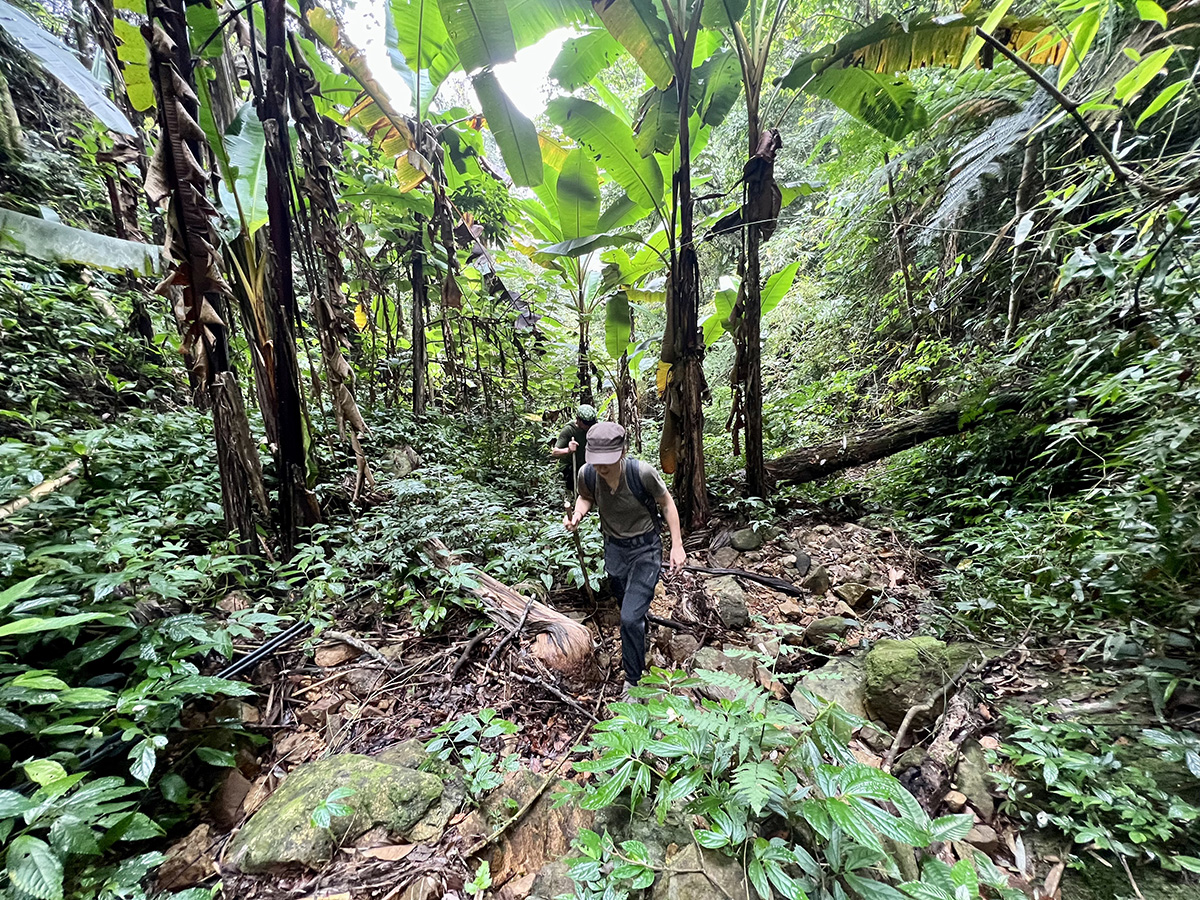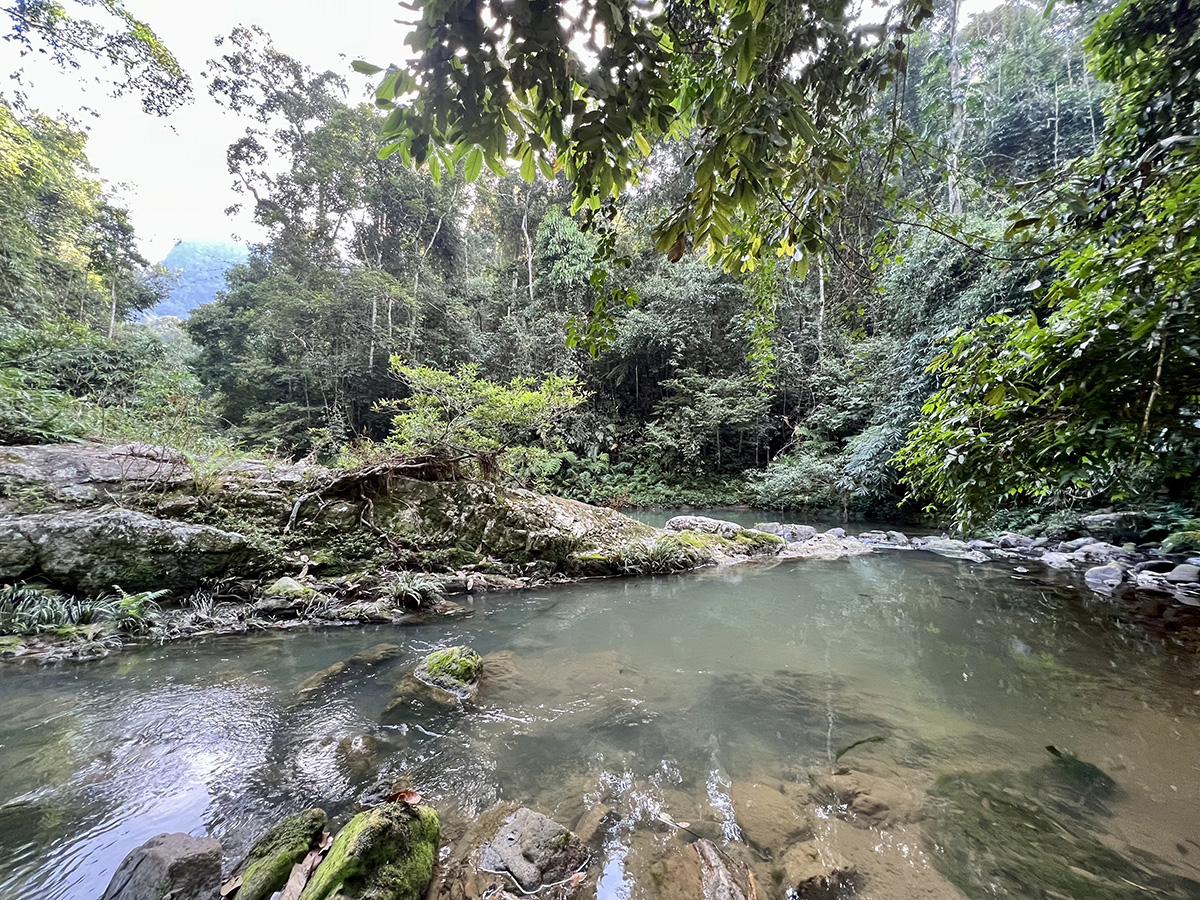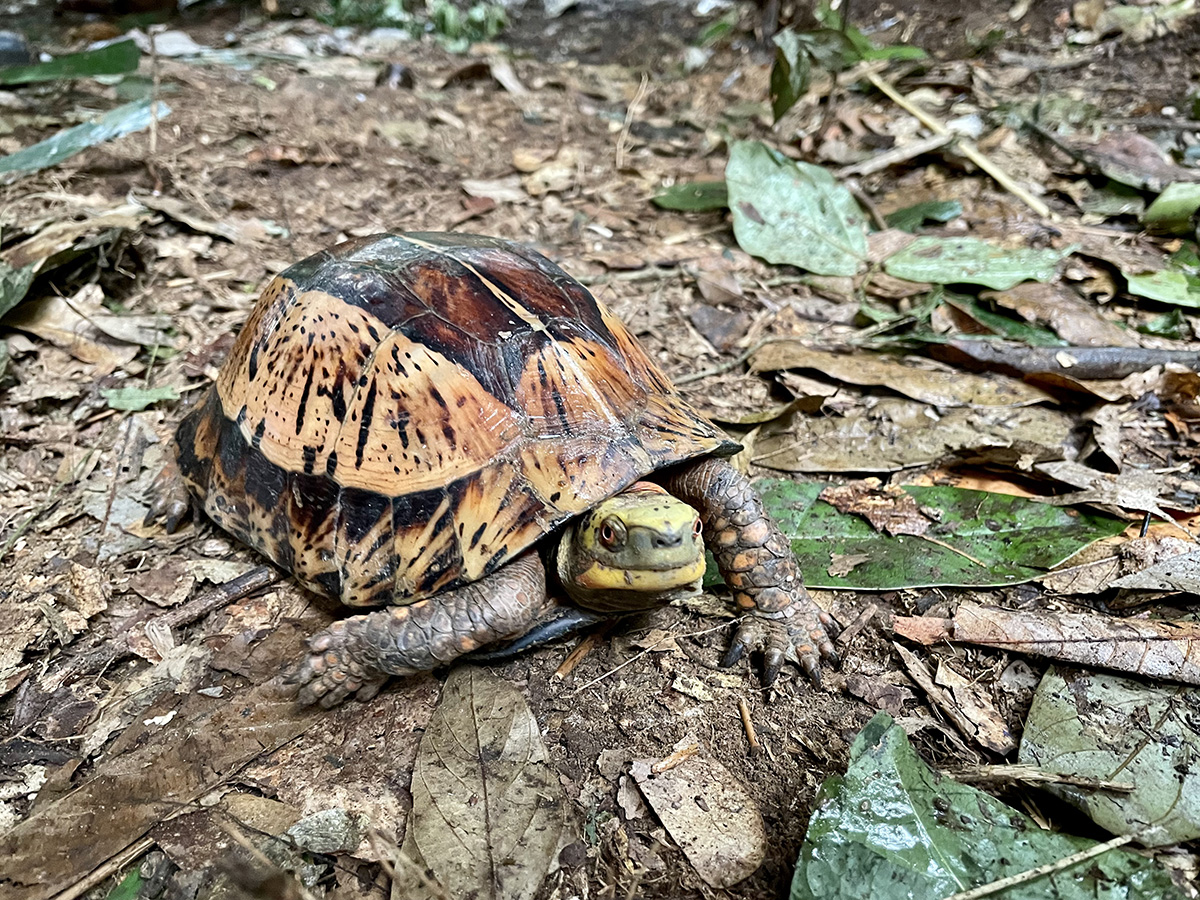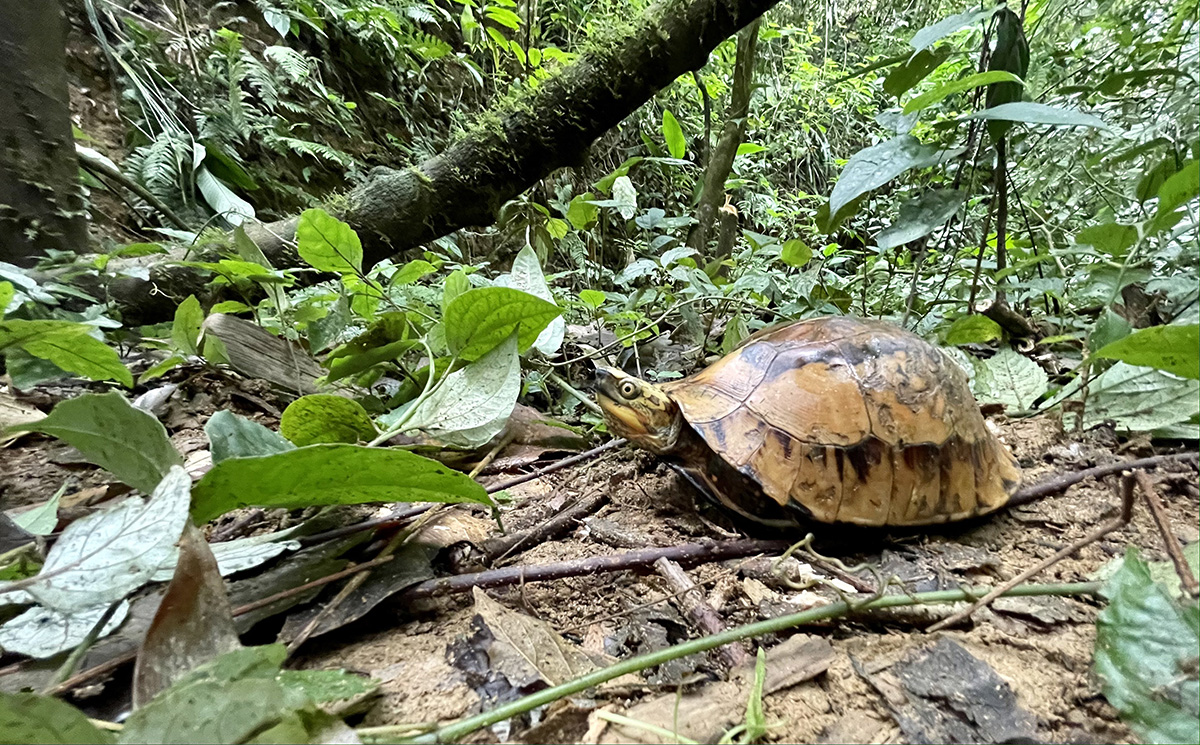
MISSION CUORA METABARCODING
Basic ecological studies of Asian box turtles (Geoemydidae, Cuora) are scarce, especially on diet and were mainly done in China.
In order to gain more knowledge on this emblematic Vietnamese species, we aim to determine its diet from faecal analysis (a non-invasive method) using a newly develop long DNA metabarcoding approach. Indeed, the quantification of interactions and fluxes in food webs is of prime importance for the understanding of ecosystem functioning. This knowledge is a crucial step for determining the potential impacts of a predator on its prey populations. Diet studies are essential as bases for conservation measures aiming to maintain optimal species interactions in the ecosystems.
DNA metabarcoding is a powerful tool for conservation purpose, for studying food chains and determine predator diet. DNA metabarcoding combined with next-generation sequencing (NGS) technologies makes the taxonomic identification of DNAs present in soil, water, faecal, gut and stomach samples possible, by simultaneously sequencing in parallel thousands of DNA molecules corresponding to short DNA barcodes amplified by universal and/or specific primers.
We spent a week in the Xuan Lien Nature Reserve in Vietnam collecting box turtle faeces. Thanks to the on-going studies of CCD (Center for Nature Conservation and Development) and their 10 radio-tracked Cuora galbinifrons, we had the possibility of finding these particularly discreet animals and collecting the samples.
This methodical and rigorous work will allow, using an innovative technique by Charlotte Ducotterd (DNA meta barcoding), to learn more about the feeding of Cuora in their natural environment.
THE MISSION
Place : Xuan Lien Nature Reserve, North Vietnam
Partners : Center for Nature Conservation and Development (CCD) and Xuan Lien Nature Reserve
Co-funding : Congdon-Dickson Research Fund (CDRF)
Species : Cuora galbinifrons
Mission : DNA metabarcoding fieldwork


